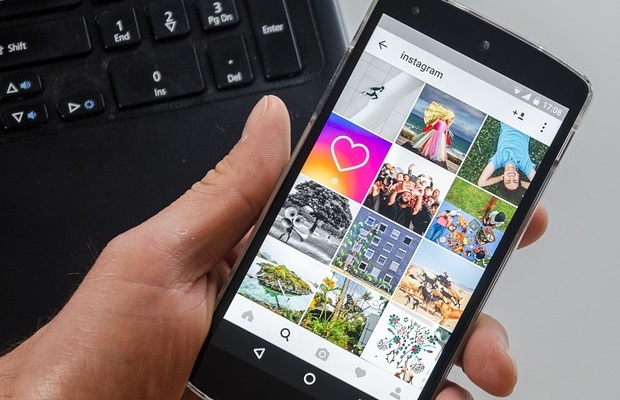Only 6% of people trust traditional advertising, while over three-quarters prefer looking at user-generated images (UGC), highlighting the growing importance of branded social feeds, according to new research.
The global report from Olapic, called ‘Consumer Trust: Keeping It Real’, surveyed more than 4,500 active social media users between ages 16 and 49 in the US and Europe.
It finds that photos featuring ‘real people’ are trusted seven times more than traditional advertising.
The study also shows that trust has a significant impact on click-through rates and sales. In fact, over half (56 percent) of respondents say they are more likely to click on an ad that features a user-generated photo and same amount are more inclined to buy the product after seeing this kind of ad.
“These figures send a strong message to brands about how they should engage with consumers”, says José de Cabo, co-founder of Olapic. “Social media brings streams of authentic images to consumers’ fingertips, transforming how they see products and interact with brands. Today’s low levels of trust in traditional advertising suggest that consumers are seeking a more honest dialogue with brands and marketers. In order for brands to increase engagement and sales, they’ll need to adapt to this changing landscape and communicate with consumers in the authentic visual language they crave.”
Top brands have begun to take note, using branded hashtags to increase visibility and engagement. NYX’s #NYXCosmetics campaign, for instance, showed that customers who interact with UGC have a 93 percent higher average order value (AOV) and convert to customers at a rate 320 percent higher than those who do not. Similarly, up-market clothing store AllSaints encouraged consumers to upload photos of themselves wearing the brand’s clothing with the hashtag #ItsUpToYou. Not only did this campaign make it easier for shoppers to browse through user-generated content; it also increased conversions by 50 percent within the first week.
The report’s findings also show that in the UK in particular, user-generated photos play an instrumental role across the customer journey. 35 percent of surveyed Brits are interested in looking at social media photos while ‘pre-shopping’—when consumers begin browsing products—and another quarter (24 percent) turn to user-generated content while shopping online or in-store.
British respondents also showed a particular fondness for brand engagement on social media as almost half (48 percent) have uploaded photos featuring a brand’s hashtag. This trend is even stronger among the younger generation, with 57 percent of British millennial respondents reporting the same. And the motivation for such social media activism is clear: 86 percent of British millennial respondents who have posted photos with a brand’s hashtag say they did it simply because they enjoyed the product.
The British appetite for authenticity has an important impact on the bottom line, as Brits we surveyed are twice as likely to buy a product endorsed by real people over models or celebrities. Although all verticals are affected by these trends, the fashion industry is particularly susceptible; in an age marked by heightened consumer backlash against Photoshopped models, 38 percent of Brits told us they seek ads that feature real people before making a purchase in fashion.
About the research
The research was carried out by market research specialists Censuswide across the UK, US, France, Spain, Germany and Sweden. An online survey of 15 questions was completed by a total of 4,578 active social media users (individuals who use social media at least once a week) between the ages of 16 and 49. The report explores how the use of social media and the consumption of consumer-generated images impact consumers’ trust in brands. In the UK, the survey polled 1,000 respondents.
Source: www.olapic.com

